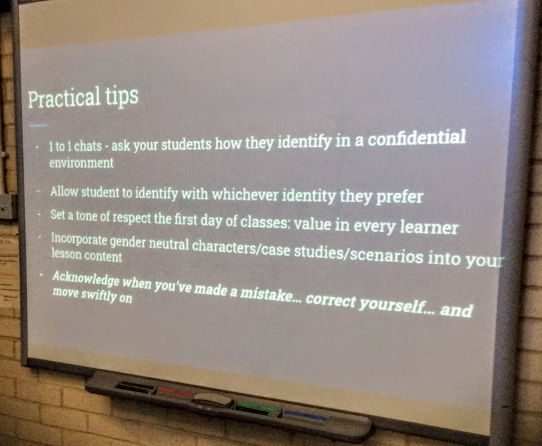
BBC WEB ACCESS
As I am studying H810: Accessibility for disabled students I have naturally become tuned into my environment in a more sensitive way - there is a good deal on the Radio (especially coming through the Paralympics).
I am engaged with disabled swimmers at various times during the week, both those who are able to train in the mainstream groups (physical disability, cerebral palsy, MS - some 'lesser' learning impairment) and swimmers who come along to specialist sessions, split between two major and minor categories, though it is immiediately apparent, were you to use say the Disability Categories used in the Olympics that the individual differences are often so great that one would ideally have as many sessions as there are swimmers - we try to have as many coaches and helpers poolside as can be found. Ratios are adjusted according to needs from at most 6:1 but often 2:1 or 1:1. There are always people, guardians, parents and helpers to increase the ratio to 1:2 or 1:3.
The facilities meet accessibility criteria in relation to changing facilities, toilets, hoists and so on. However, I wonder if the pool operator, or the staff on duty, realise how insensitive in how they responded to someone using the disabled lavatory (which has access poolside) when they pulled the emergency cord. A light flashed poolside visible to all swimmers and anyone on the balcony - and then an announcement went out on the tannoy to the entire leisure complex.
'Assistance required at the disabled toilet. Someone is stuck in'.
Do anyone of us want a dozen or more heads to turn as we are then 'rescued'.
I bring this up as an indication of the sensitivity required, for anyone. What I have learned so far and know from experience is that people with a disability want access to be in place and obvious so that they can join the mainstream without fuss or favour. The last thing they want is to have a spotlight put on them.
The second issue is with labels and categorises, how with sport and education, depending on the disability, a person is 'lumped in with all the other disabled swimmers'.
To create access takes time, consideration and the right people - with some training and experience. As a coach I find it is the disabled swimmer who arrives in good time and will listen to 'notes' after the swim. It should be considered normal that disabled swimmers take part in 'mainstream' training sessions.
THE ROLE PARENTS PLAY
The parents, for the most part (siblings too, both brother and sisters) form the larger part of qualified swimming teachers or helpers working with disabled swimmers - all CRB checked, members of the club, often Level 1 or Level 2 assistant or full swimming teachers who have attended an ASA workshop 'Swimming for disabled athletes'. I know too from family experience the extraordinary lengths a parent will go to in order to press for what they know is right - ensuring a child with aspergers did NOT get put into mainstream school.
A final observation here, because behaviours in public have to be taught, rather than 'picked up' I find the swimmers with learning difficulties extraordinarily polite - with introductions, introducing other swimmers, making conversation and thanking me after the swim. It's as if in 'mainstream' teachers have given up on such things as teaching good manners.
Working with swimmers with educational difficulties
Short Description
An introduction and overview of commonly seen barriers to learning when teaching children. This presentation explains the conditions, syndromes and disorders and gives strategies for managing the behaviour in a swimming teaching environment. To help non-specialist swimming teachers work with a class containing one or two children with special needs. It is intended to assist teachers to recognise some conditions they may encounter and offers some coping strategies which may enable the teacher to meet the needs of all the children in the class.
Intergrating disabled swimmers into a mainstream coaching environment
Short Description
To give coaches a better understanding of coaching disabled swimmers, whose disabilities fir disability swimming and highlight ways that coaching practices can be adapted to ensure that disabled swimmers get the best from training in mainstream clubs.
Integrating Swimmers with a Physical & Sensory Impairment into Mainstream Swimming Lessons
Short Description
To give L1 and L2 teachers an understanding of integrating disabled swimmers into mainstream swimming lessons and highlight ways that teaching practices can be adapted to ensure that disabled swimmers get the best from the learn to swim or school swimming environment.
We all benefit from 1 to 1 coaching -is this what we get from a parent or grandparent?
Who taught you to read, to swim, to ride a bike or cut a branch off a tree? To make an omlette or a cake.
Learning a musical instrument gets the ratios down, so does private tuition. At times I wonder if e-learning instead of aspiring to mimic this one to one relationship is nothing better than an interactive leaflet. Somehow the learner needs to be profiled before they start and the learning tailored, with student analytics an outcome. The e-learning needs to be smart and integrated.
